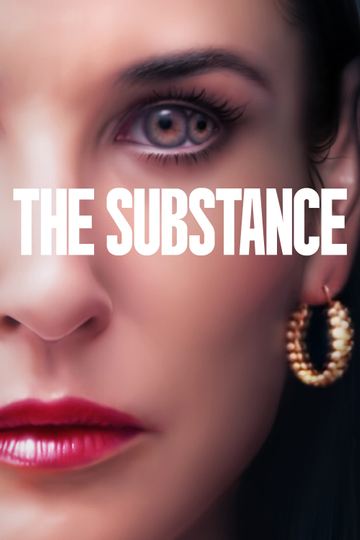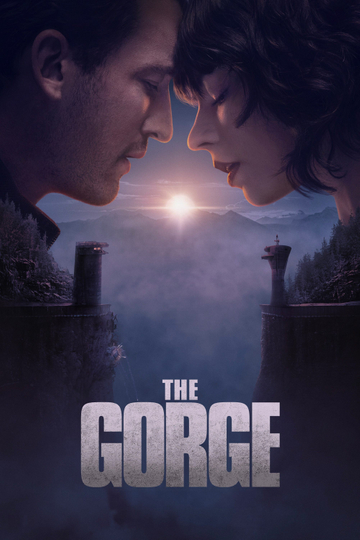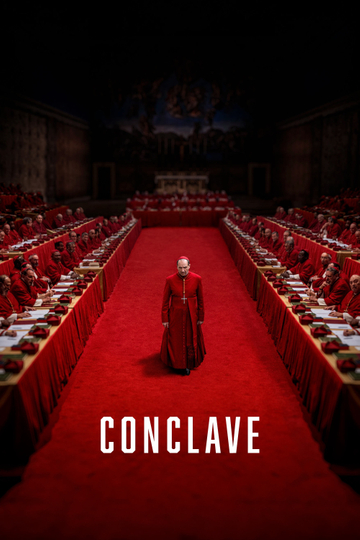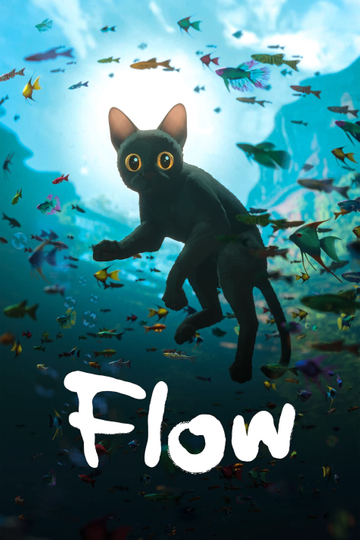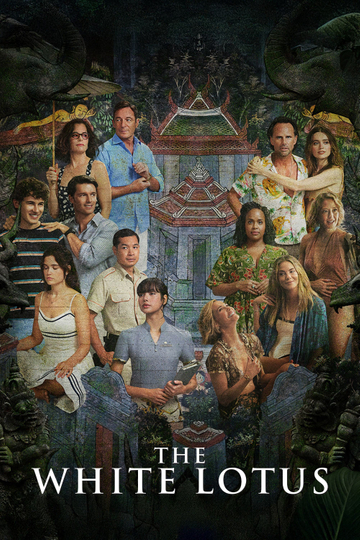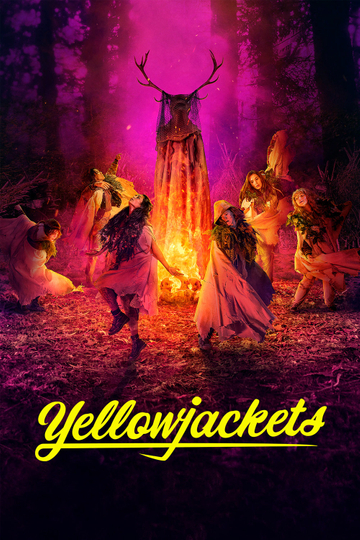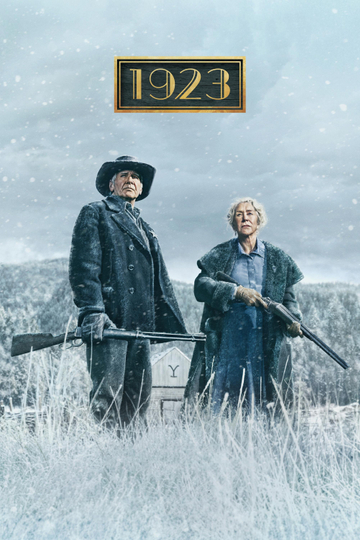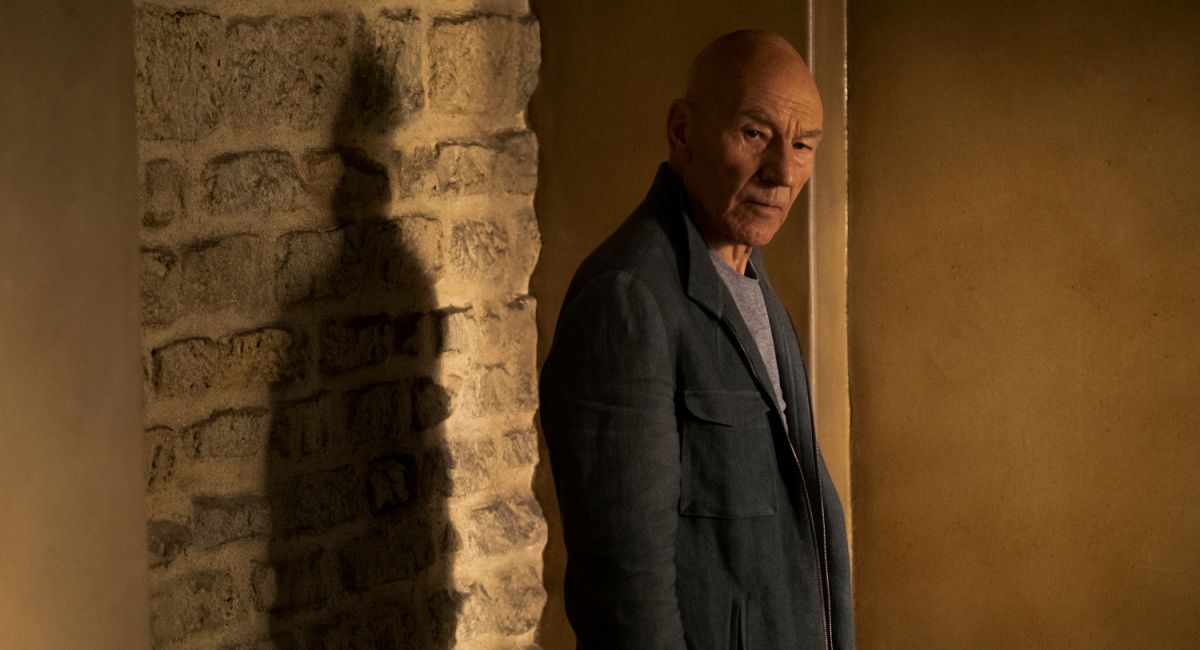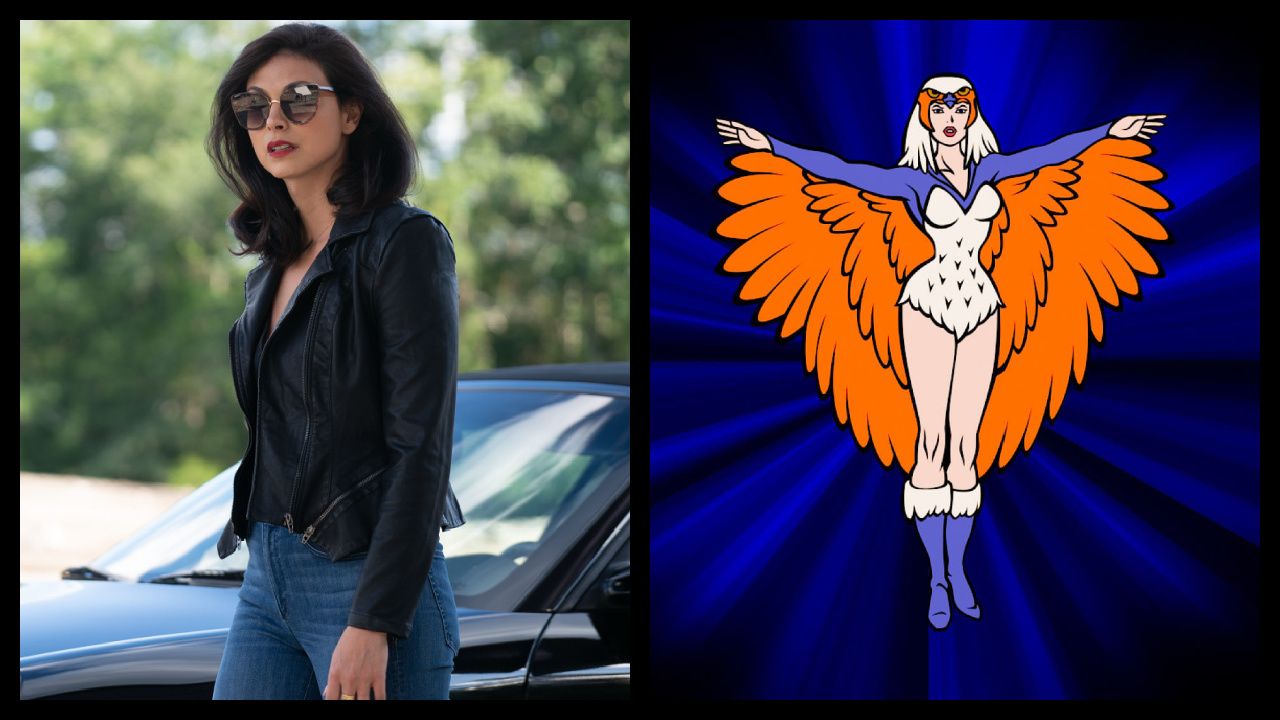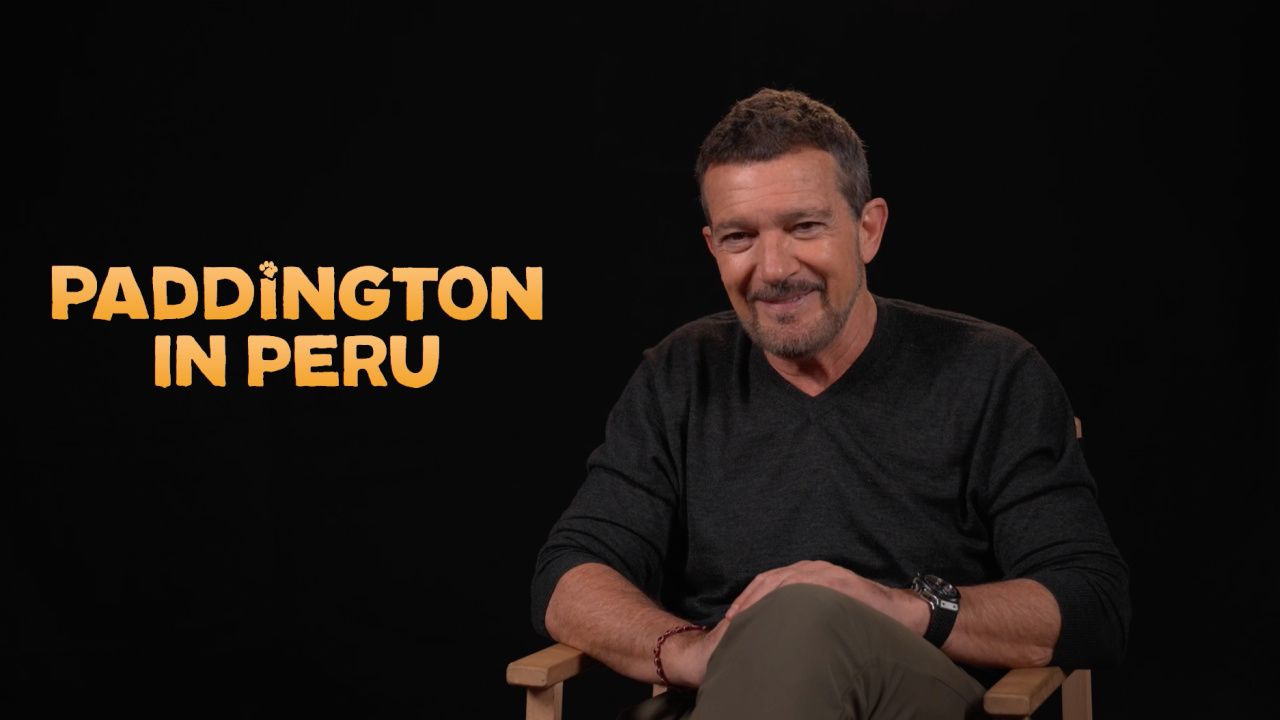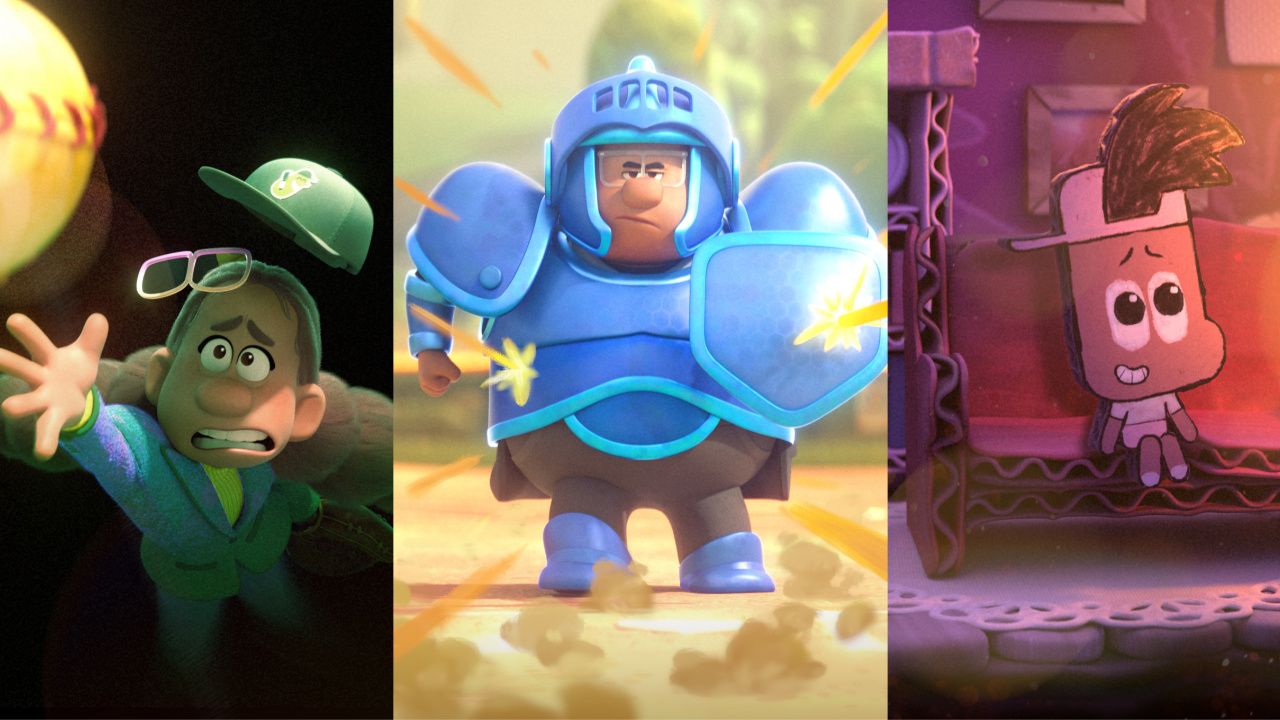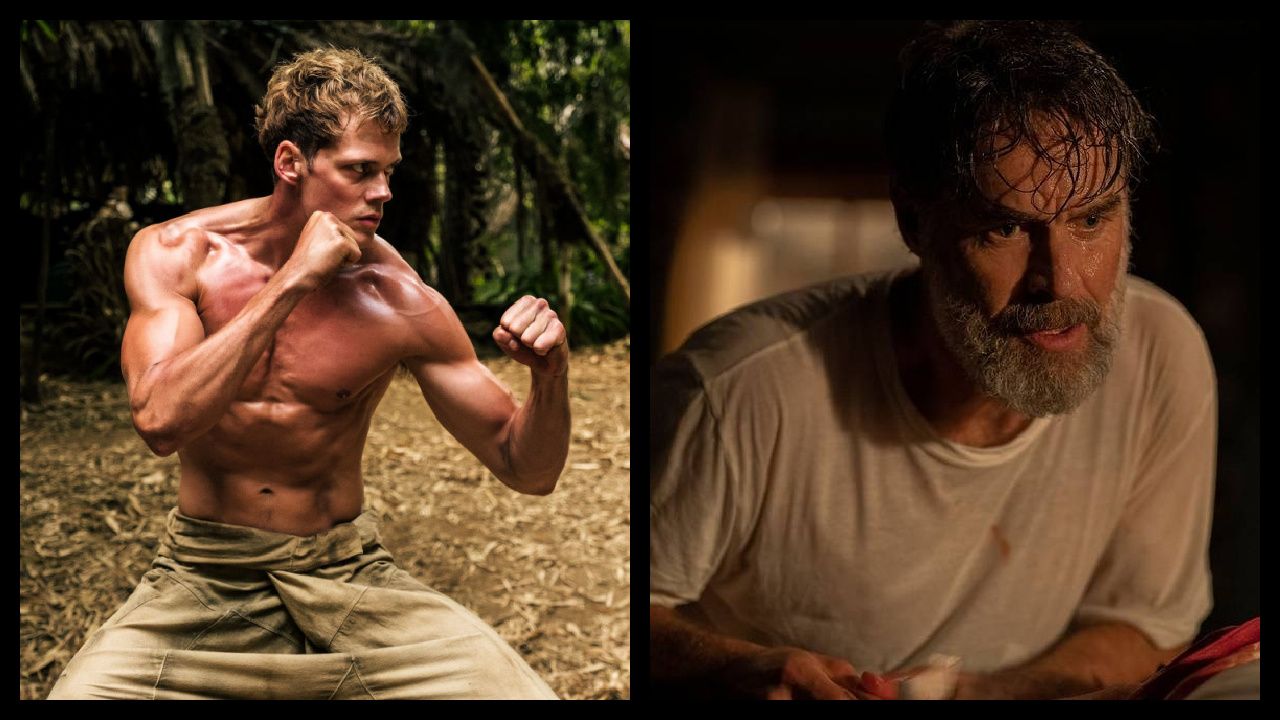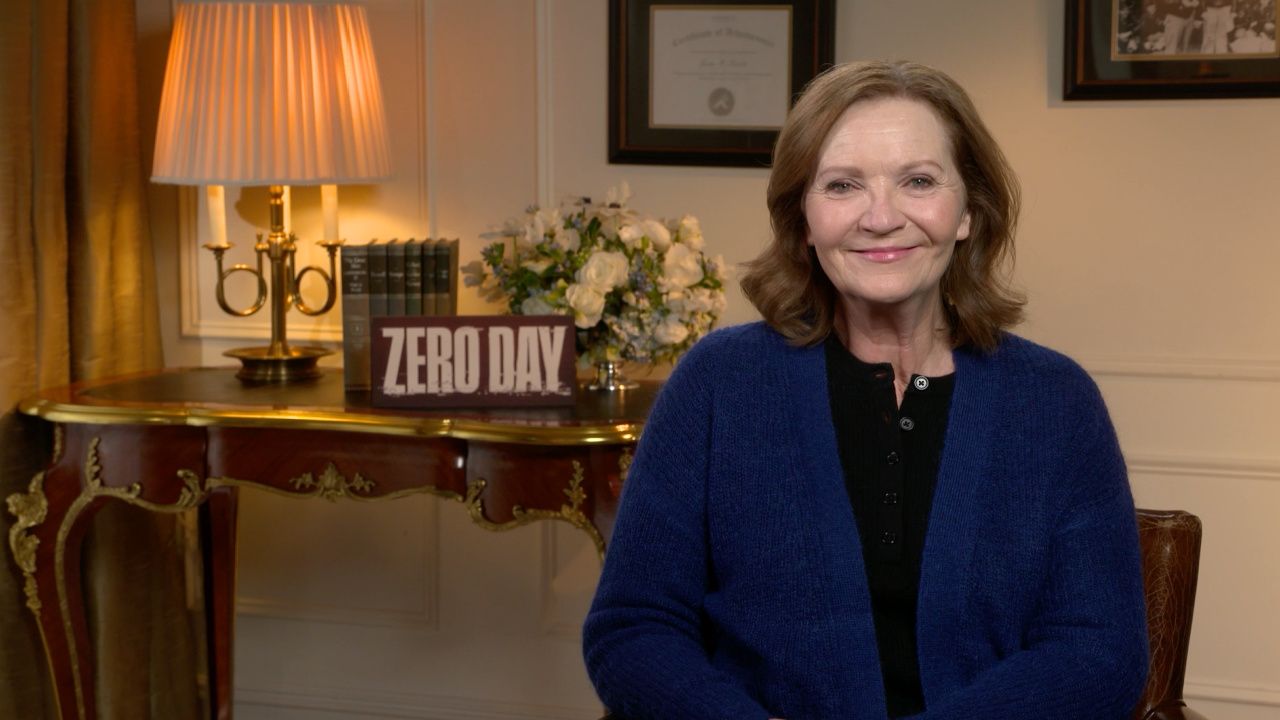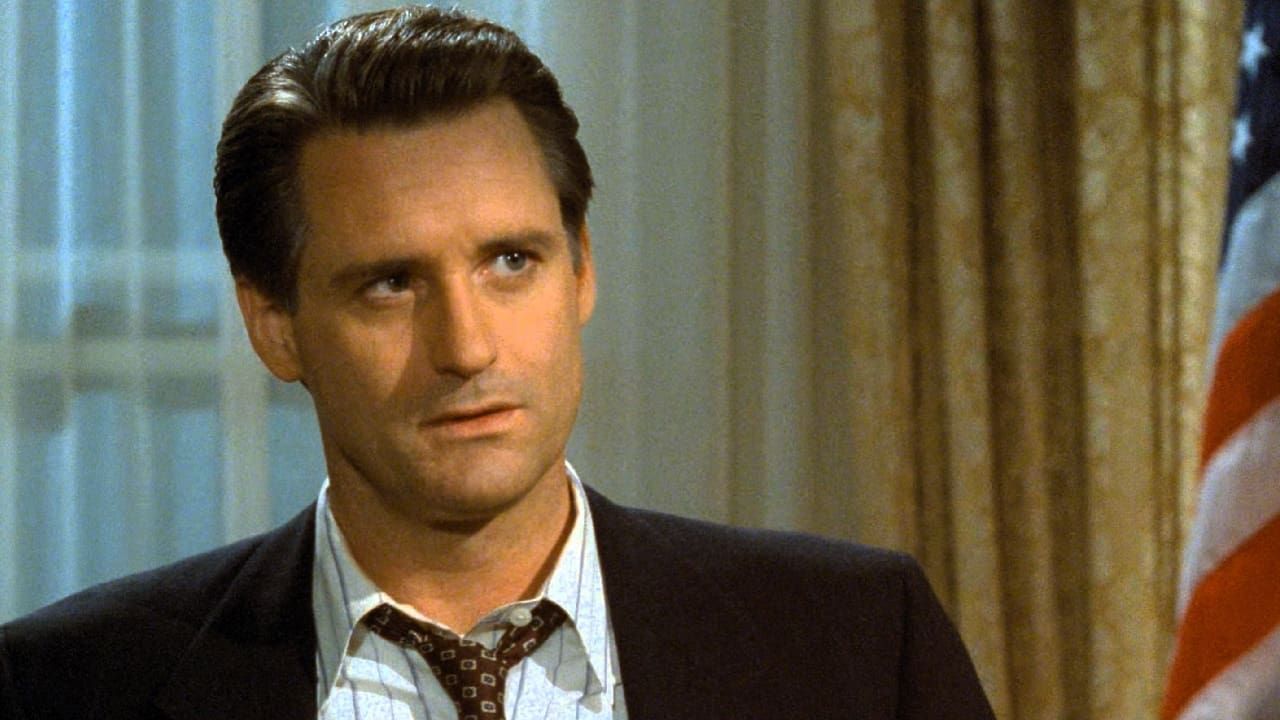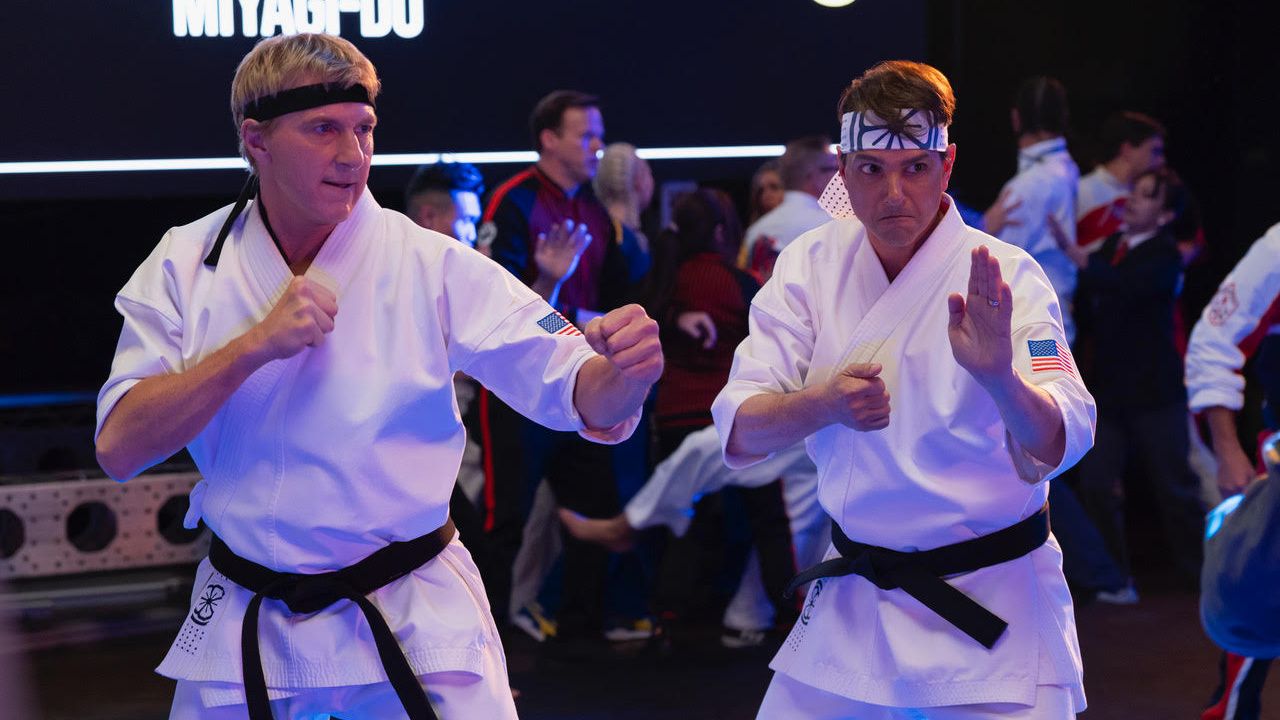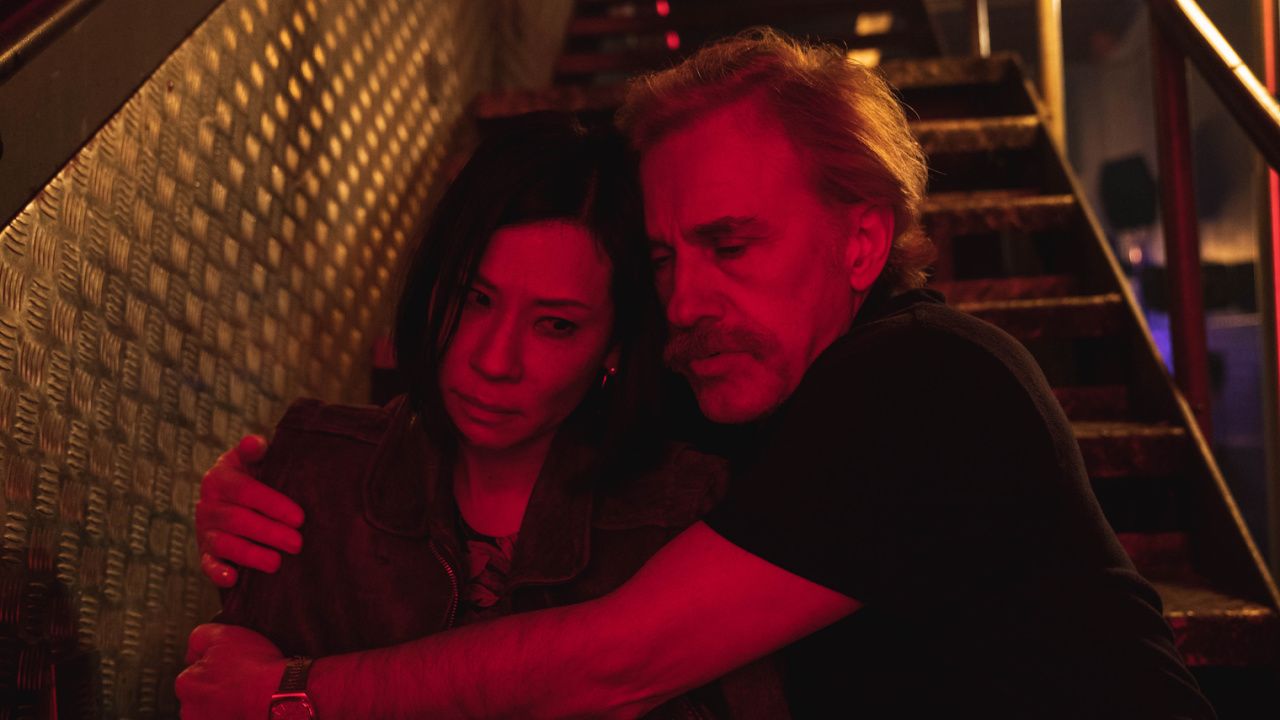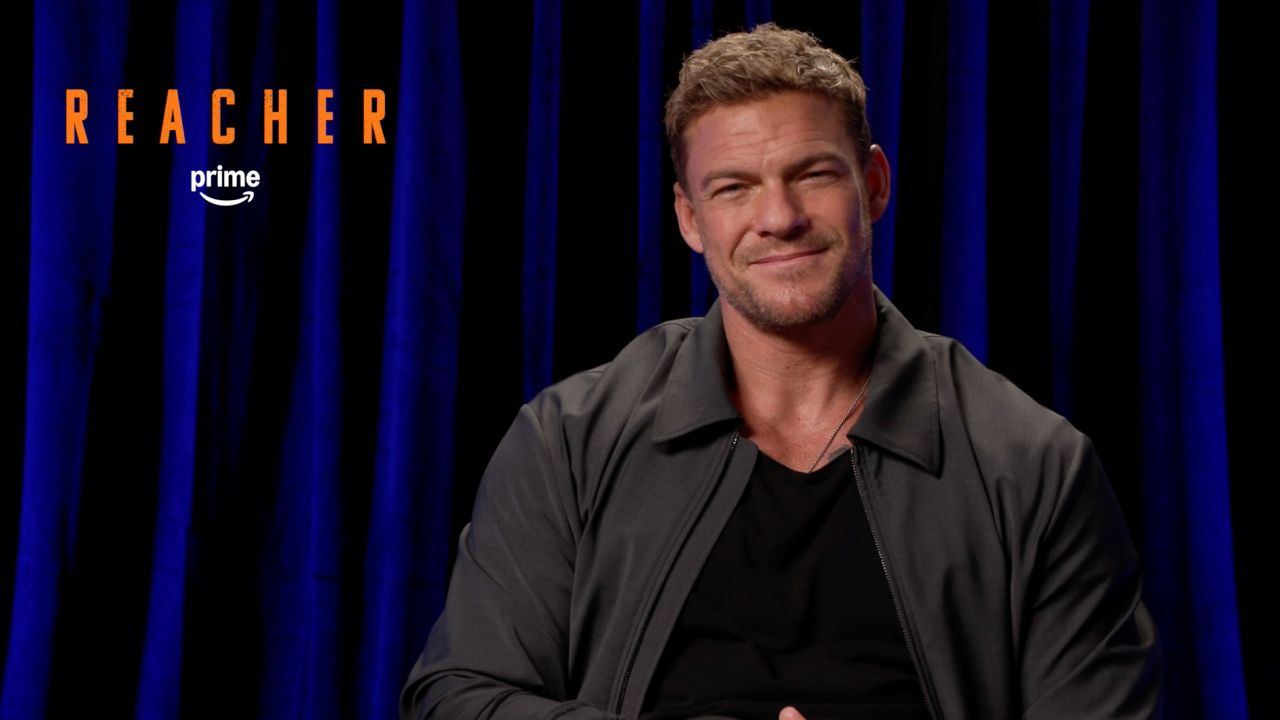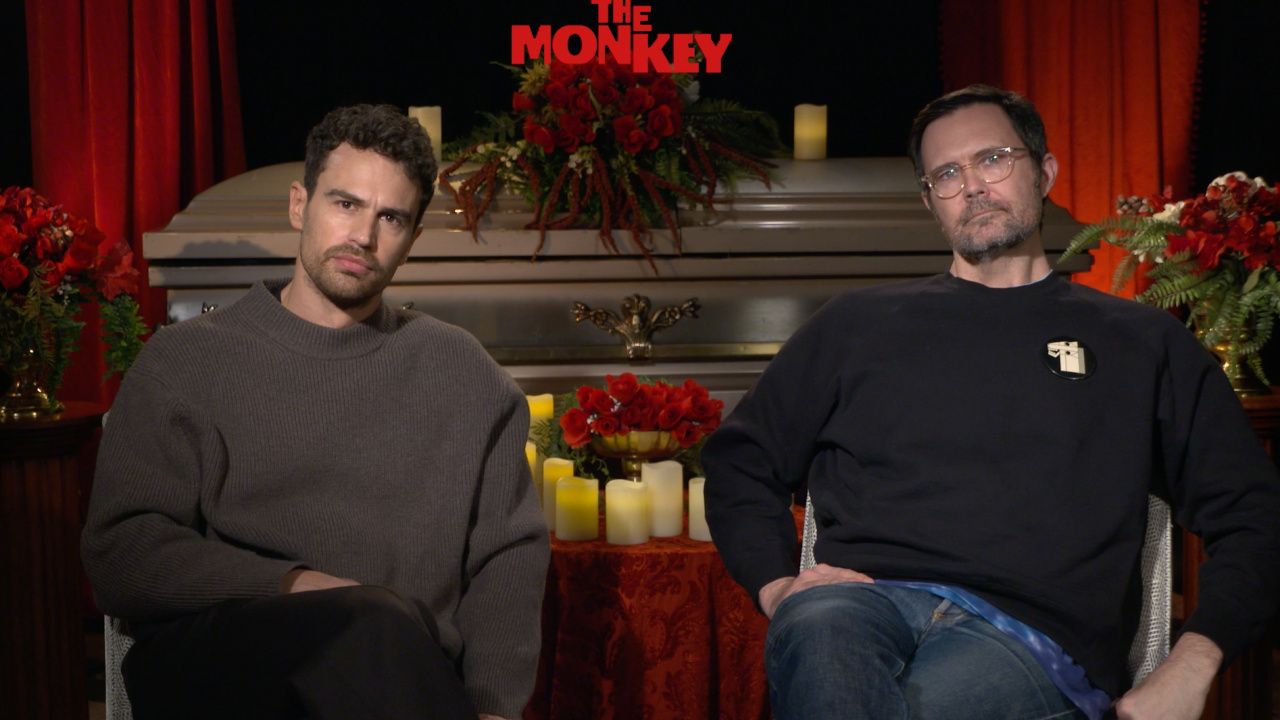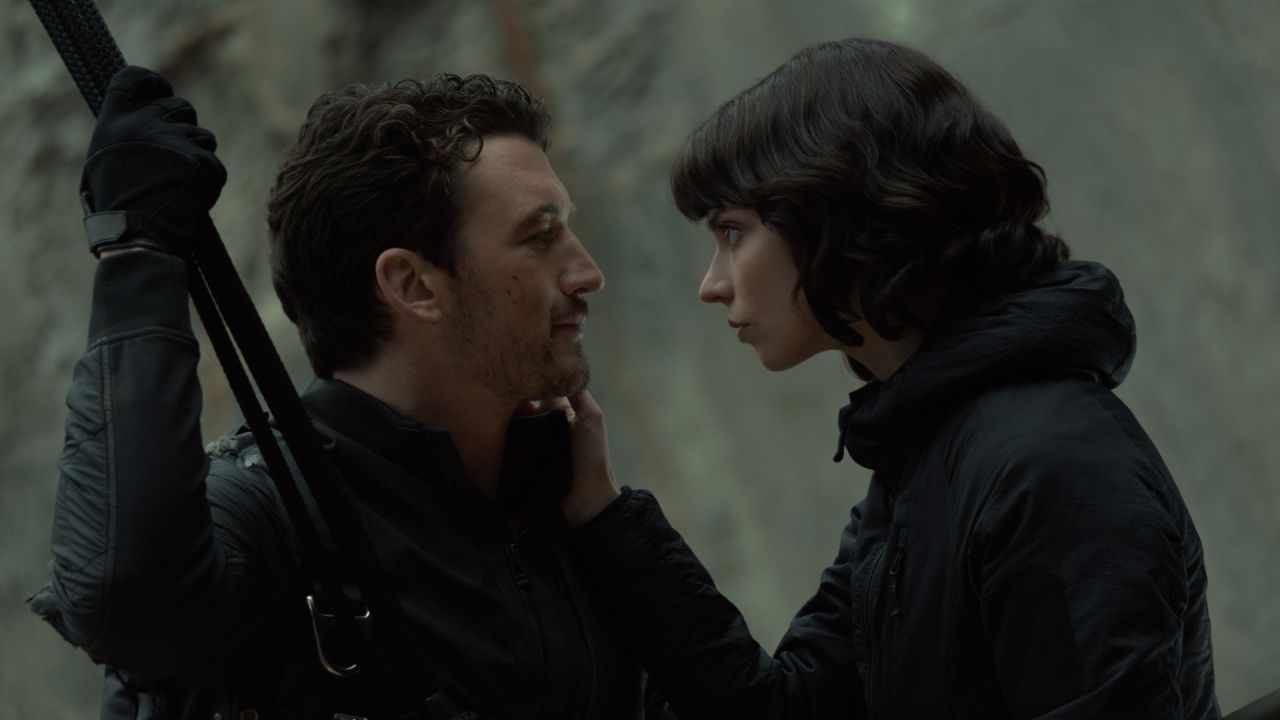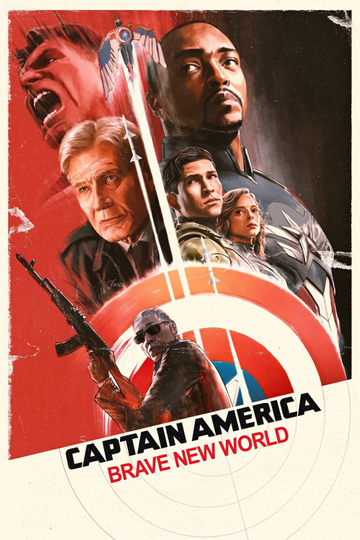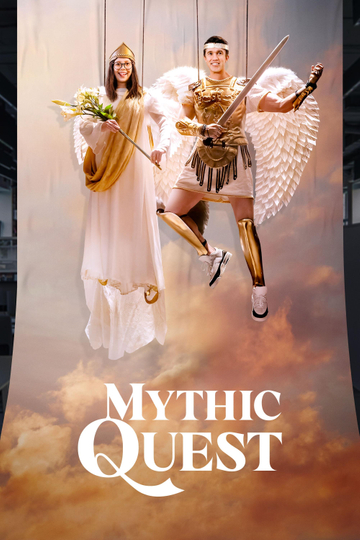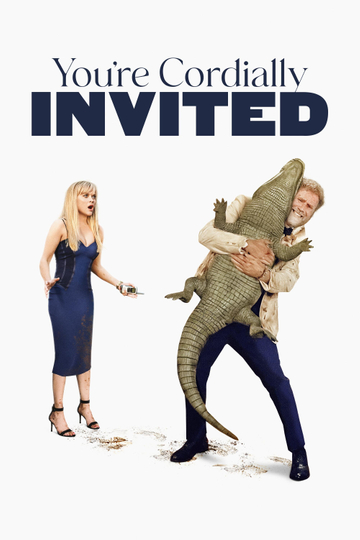Rod Roddenberry, son of ‘Star Trek’ creator Gene Roddenberry, talks about the “Think Trek” project
The son of the ‘Star Trek’ creator talks about keeping Gene Roddenberry’s legacy alive with “Think Trek”
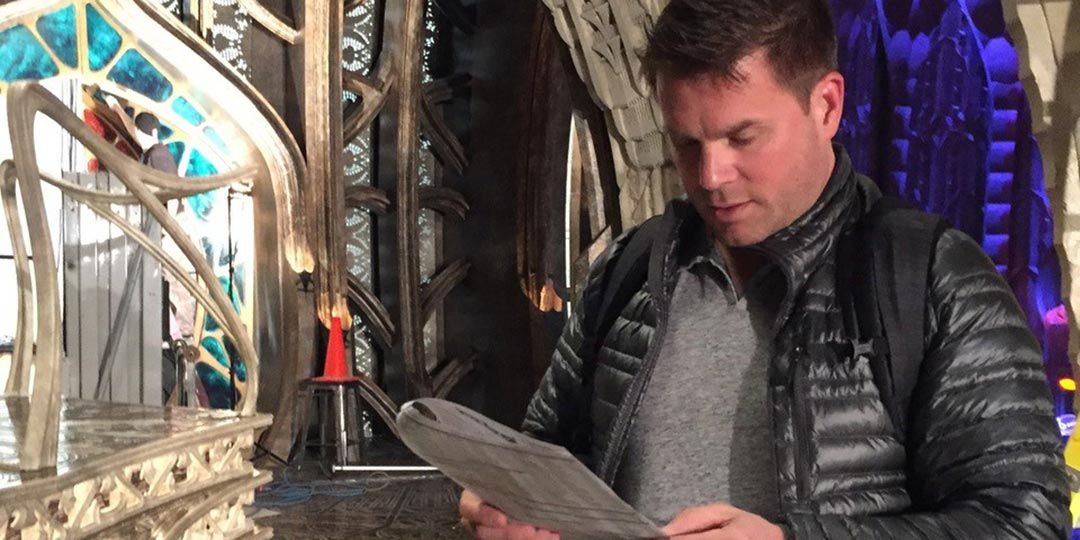
Rod Roddenberry
It would be difficult to find a writer that’s had as much influence on the world as Gene Roddenberry. In creating ‘Star Trek,’ Roddenberry gave the world one of the biggest science fiction properties of all time. But the deeper philosophy of the show, one that predicted a future of tolerance, equality, and diversity continues to inspire people to look ahead with hope for a positive future. For the 100th anniversary of Roddenberry’s birth, his son Rod talked to us about the Think Trek project.
Moviefone: What’s the inspiration behind Think Trek?
Rod Roddenberry: It's been a challenging year-plus for a lot of people here. And of course, coming up to my father's centennial, I really wanted to celebrate him, and certainly not just him, but, of course, the ideas that he infused into ‘Star Trek.’ It is a little weird to say, "Hey, we're going to celebrate my..." It's going to sound graphic, but, "My dead father's birthday, 100th birthday." Sure, for a son, it's celebrating my father, but for the public, it's everything that he embodied. Of course, Star Trek being it. But even more than that, the ideas and ideals behind ‘Star Trek.’
The Think Trek campaign, the Be Trek campaign, the Make Trek campaign, and there's a couple others I've already forgotten. We're taking advantage of social media, like you've got to do, especially right now. And what's really fun about it is that we're inviting anyone out there who sees something in their daily life that might even have the shape of something ‘Star Trek.’ The Enterprise in the clouds or the insignia somewhere in a stain on your desk. Take a picture of that and hashtag it with Think Trek. And that's the fun part of it. But we're really trying to do is keep the philosophy of ’Star Trek’ out there and the ideology of ‘Star Trek.’
MF: I was just reading something the other day about stories that Leonard Nimoy would talk about. People would come up to him and say, "Oh, I've decided to get into geology or biology," and start talking to him about science as if he was Spock. And he'd come up with an answer, like, "Well, it sounds like you're on the right track," rather than puncture the balloon. Does that happen to you too? People share that kind of inspiration?
Roddenberry: 100%. Yeah, as a young kid, certainly a late bloomer in many ways. When I was a little kid, I watched ‘Starsky and Hutch,’ and ‘Adam-12,’ and ‘Knight Rider,’ and those kinds of shows. I didn't really get ‘Star Trek.’ In fact, I grew up with ‘Star Wars.’ I love ‘Star Wars’ and I still love ‘Star Wars.’ I'm not saying anything negative about it, but it was a bit more of the classic superhero, good guy, bad guy, villain idea, which is great. I still love it. I still watch it. But ‘Star Trek’ was a little bit more thought-provoking and intellectual, and it took me a while to there. It wasn't until I was much later in life and, sadly, around the time that my father passed away, that I really started to pay attention. Part of that was me also rebelling against my father when I was a teenager, not wanting to have anything to do with any of that stuff. But anyhow, I digress.
So, after that, I would go to conventions. I worked on a TV show called ‘Earth: Final Conflict,’ and people would come up to me left, right, and center and say, "Your father really inspired me. ‘Star Trek ‘really inspired me. ‘Star Trek’ gave me hope for the future." Whether they had a severe handicap, whether they lived in some sort of abusive, perhaps, childhood or relationship, or whether they were just never told they could be or do anything. People said, "Because of ‘Star Trek,’ I'm now a doctor. I have married. I have three kids. I believe in a future that's inclusive and not exclusive." And that blew me away, that a TV show could do that. And, slowly, over a period of probably, I'm sure, a decade or so, I became more and more proud of what ‘Star Trek’ was, what my father had created. And to this day, anything that I do, I try in my own way to incorporate some of that into it.
MF: At what point in your life are you able to look at the legacy and think, "Man, that was my dad." What did that feel like, coming to that realization?
Roddenberry: Yeah, I can touch on many things there. I did a documentary that was released in 2011, 2012 called ‘Trek Nation.’ And I spent 10 years making that documentary, mostly because I didn't know what I was doing. I had a fantastic team around me who definitely did know what they were doing, but it just took us a long time. So, in that journey, I went through the struggles of, "Who am I? Who's my dad? Am I supposed to be my dad, following in his footsteps? Am I supposed to be Gene Roddenberry?" And it was an incredibly cathartic and wonderful experience that never made it onto camera because it wasn't about me on camera, it was about my father. But I had an incredible journey and I became very comfortable with, "I'm, I'm just me, I'm Rod Roddenberry." I'll never be Gene Roddenberry. I don't want to be Gene Roddenberry. Not because I don't love him and respect him, but there should only be one Gene Roddenberry.
I'm going to do what I'm going to do, and I'm going to do the best I can at it. I may not create a world-renowned television series, but I have the opportunity to work on it. I have the opportunity to carry on the vision. I have the opportunity to create a foundation and work with a whole bunch of philanthropy and find other people who are working towards that future. So, I am very proud of my father, and I'm very proud to be one of the many, many people who are carrying it on.
MF: I have to imagine there were fascinating conversations between you and your mother too. Was she helpful in that understanding?
Roddenberry: Well, not to, as you say, puncture the balloon, but I was a very rebellious preteen and teenager. My father passed away when I was 17. And then after that, my mother and I had communication issues. And so, unfortunately, with neither one of them did I really have the opportunity to sit down and have an adult conversation. And, listen, I'll take my side of that, which was, I didn't mature that quickly. I was still an irresponsible, immature, self-centered teen and 20-year-old. I don't want to paint myself as a horrible little bastard, but I was not as considerate and empathetic of other people and other people's lives. And it did take me a while, and I've still got a long way to go, but it did take me a while to start seeing the world in that way. I'm 47 now. I've still got a ways to go, I hope. But I've figured a few things out, and at least I know the direction I want to head in.
But to partially answer your question, my mother championed my father all the way through. She loved him more than anything in the world. And it took me a while to really see the turmoil she went through after he passed away, and some of the personal issues that happened in our lives because of that. And she fought for him and loved him. And then she went around the country, giving speeches, using his own speeches. And so, she truly loved him. She got the philosophy. She knew the fans are the ones who deserve the credit because they kept ‘Star Trek’ alive. And she went around the country telling them that.
MF: I think one of my personal favorite things about ‘Star Trek’ is the hopefulness, this positive vision of where humanity's going. Where are you seeing that in your day to day? And are there things that you see and think, "Oh yeah, this is something Dad would be really happy to see?"
Roddenberry: It's a very crazy time right now. As crazy in the '60s, it's a crazy time now. Star Trek had a lot to say that needed to be said then. And, unfortunately, there's a lot that still needs to be said today. And one of the most beautiful things that ‘Star Trek’ had was the IDIC philosophy. IDIC, Infinite Diversity from Infinite Combinations. And that really was the backbone of ‘Star Trek,’ no matter what anyone says. That is the true appreciation of all things that are different, both in form and in idea. The crew of the Enterprise wasn't searching the galaxy for weird-looking aliens. They were out there looking for species and creatures that looked at the universe in a way different from ours. Because we had learned at that time, by that point, we had come together, and we learned it is the things that are different that help us grow and evolve intellectually. Without those around us, we become stagnant.
And listen, we have had such an issue with that throughout our human history. And we still have that today, sadly, but we all have it. I can sit here and preach it. It's very easy for me to become judgmental and point at someone and say, "What an idiot." It's that moment that on occasion that I step back, I'm like, "Wait, I remember when I did that last year. I remember, I was just having a bad day." It's to have some empathy for that person. So, to appreciate diversity and have empathy for all life around us is the key message in Star Trek. And I'm preaching to the choir, but we need it more than ever.
MF: What are some things in Think Trek and at Roddenberry Entertainment that you're particularly proud of?
Roddenberry: Well, of course, we work on the new ‘Star Treks,’ but just staying away from that and really talking about my father's centennial, we've had to divert a little bit. Everyone, because of the pandemic, has to shift and change. And once again, we're having to do that because of the Delta variant. We had some public things that we were planning, but now we're really focusing on the online campaigns.
And, I'll give the example, we've got one called Make Trek. Everything's Be Trek, Make Trek, See Trek. Make Trek is fantastic. We found an incredible block builder who was on the series LEGO Masters. His name's Samuel Hatmaker, and he had these incredible collages of Hollywood characters and stuff like that. So, we enlisted him to help us make something representative of my father and his philosophy is for the centennial. And in the end, it will be five. But right now I believe we have four really incredible pieces of mosaic art using the building blocks and LEGO. And they're huge. They're life-size. They're spectacular. They've got Easter eggs all through them. They're great. They are available to see online. Some of the Easter eggs you may not see until you're up close.
Everything's fun. Everything's just to bring awareness. But what dug a little deeper is we wanted to get 100 quotes out there. My father had a lot to say in the '60s, he has a lot to say now. My father still has a ton to say. So, we went through all the speeches, all the interviews he did, all these things. And we pulled out these quotes that were very relevant. Starting 100 days before his actual birthday, which is August 19th, we had celebrities say them online.
And then we created a podcast with two incredibly talented hosts who dug in deep to these quotes. What do they mean? Were they relevant then? Are they relevant today? And they bring in a guest that gives a unique, different third perspective about them. And it's really interesting to get into some of these ideas. Because they're not just words, they're real ideas and commentaries on humanity. And I've just been listening to them. I'm getting to be a part of the last few. And it is truly beautiful. My father had a true, in one of his quotes, love affair for humanity.
MF: When you’re getting the quotes from famous people, have you come across anyone that you have that moment of, "Oh, that person likes 'Star Trek'? No way!"
Roddenberry: So, that was part of the documentary. In my time before the documentary, traveling around the world, going to conventions, it was very interesting to meet the people who like Star Trek. I met people of different faiths and religion who love Star Trek. And in my mind, I was like, "Wait, how does that work?" Not only religion, but different kinds of religion. And then you've got political figures, you got NFL stars, you've just got the gamut of people out there who find a beauty in Star Trek. And what I love about that is the commonality that we all share. That idea that one day, hopefully sooner rather than later, we embrace our uniqueness and come together and become a United Continents of Earth or whatever you want to call it. That is the most beautiful thing. So, I've been blown away many times with stories like that.
You can get more information about Think Trek at Roddenberry.com.

